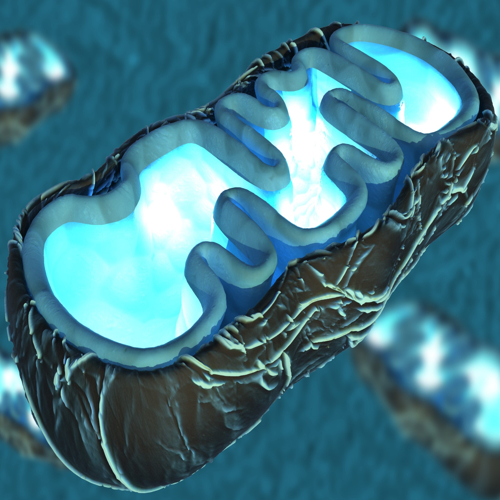Key points from article :
Using proteomics, researchers mapped "tau interactome” uncovering new findings on the role of tau in neurodegenerative disease.
Found that mutant tau impacts the function of mitochondria in human neurons.
Suggested a mechanism for how tau gets released from neurons and spreads throughout the brain.
“Understanding the mechanisms is key to discovering new ways to treat neurodegenerative diseases,” - Tara Tracy, lead author.
“..tau interactome is a broad and unbiased survey of tau interacting proteins in the cell that could be contributing to disease.”
Normal tau is well-known for its role in binding to microtubules which maintain the cytoskeleton of the cell.
Abnormal chemical changes cause tau to stick to other tau proteins forming tangles, a hallmark of Alzheimer’s and related tauopathies.
Tau interacting proteins in mitochondria were downregulated in brain tissue and the downregulation correlated with disease severity.
Tauopathies include several clinical-pathological entities including Alzheimer’s, progressive supranuclear palsy, Pick’s disease, chronic traumatic encephalopathy, frontotemporal dementia, corticobasal degeneration, and post-encephalitic parkinsonism.
Research by Buck Institute, published in the journal Cell.






